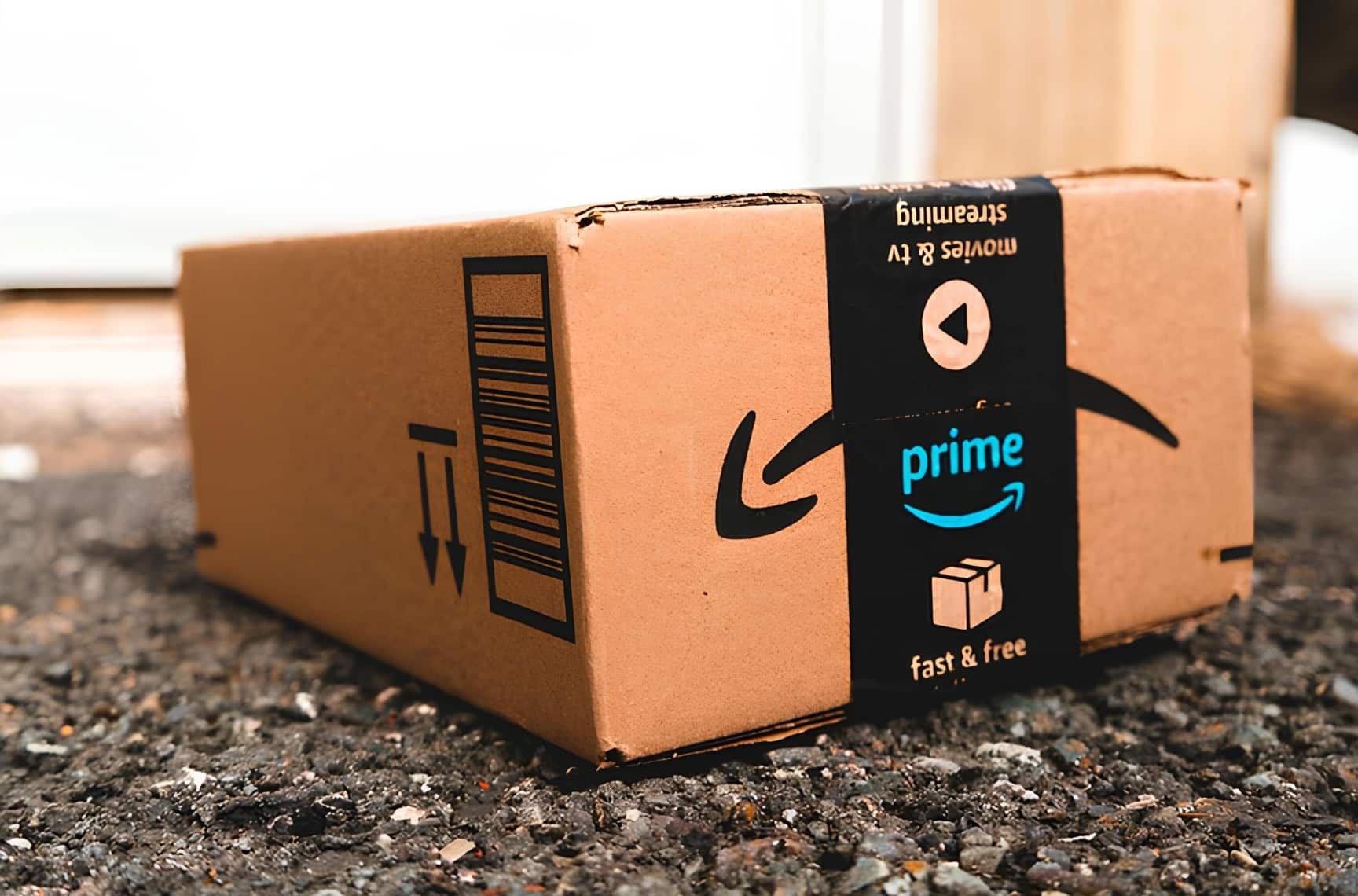Dog food debates have highlighted the potential benefits of both types of food: Fresh and Kibble. Fresh dog food is less processed and healthier for dogs’ digestive systems, and it can offer more nutrients. Fresh food diets can also avoid common allergies found in kibble and can be tailored to specific dietary needs for your dog.
Kibble is more readily available than fresh food. It is also easier to store; it comes in bags, and you can just put it in a dog storage bin. As long as it is sealed, the food will last for quite some time. It also tends to be more convenient. Let’s look deeper into the pros and cons of Fresh dog food vs. Kibble.
Fresh Foods for Dogs: Pros and Cons
Other than an improved digestive system, fresh foods contribute to better skin and coat, and your dogs may have fewer and smaller poops. You can check out this article about Fresh vs Raw Dog Good vs Kibble, which is best. Fresh food also tends to lead to fewer digestive issues. Ensure you store fresh food properly if you feed your dog fresh dog food to avoid contamination. Homemade fresh dog treats can be a benefit, too.
The cons are that fresh dog food is more expensive than kibble, especially if it is a name brand or is pre-prepared at home. Storage is another potential con, as fresh food may need refrigerating or freezing. If fresh food is not stored correctly, it could waste food and money. Trying to balance nutrition and making fresh food from home can be very time-consuming, as you will want to ensure your dog gets all the nutrients needed in their food.
Kibble Foods for Dogs: Pros and Cons

Kibble food is less costly than fresh dog food. Many kibble dog food brands are AAFCO-approved, which means they meet the minimum nutritional requirements for dogs. Other pros, kibble food has a longer shelf-life than fresh food, making it less likely to spoil or go bad. The crunch of the texture of the dog food can also help prevent plaque buildup, as opposed to fresh dog food.
Some cons about kibble food are that it is processed. The high temperatures used in kibble food production can reduce the nutrient content and lead to fillers, artificial preservatives, and additives. Kibble can also contain some allergens and may not be good for dogs who are sensitive to allergies. Kibble food can also be less digestible than fresh dog food, which could contribute to dehydration if dogs don’t drink enough water.
Final Thoughts
What you choose to feed your dog is ultimately up to you. It really depends on the dog and the owner’s lifestyle (do you have time to make fresh food or store it properly if you buy it). If you work full-time, you may need to feed your dog kibble food, but maybe once in a while, you can get them some fresh food, too! It also depends on your budget and what you can afford as a dog owner.
Consulting with your veterinarian is always recommended, of course. If we are dog owners, we want what’s best for our dogs. We want to keep them with us as long as possible and as healthy as possible. There are a lot of different healthy food options out there. You can research Chewy and other pet websites that offer healthy dog food choices for your furry friend! Every dog is different, just like every human, and as dog owners, we need to try to determine the most suitable dietary plan for them.
Long Live our Dogs!










